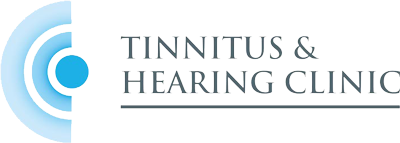Tinnitus is a combination of symptoms; the most common being the hissing, buzzing or whistling sounds which patients report hearing. With no external noise creating these sounds, so no means of ‘switching the noise off’, patients’ understandably get increasingly stressed and anxious about what is happening to them.
Tinnitus symptoms can also include sleeplessness, anxiety, and depression. While giving drugs to relieve some of these symptoms can help in the short term+ patients are only interested in reducing the impact of the “noise” or stopping these distressing sounds from getting progressively worse.
For the last 30 years, treatments have developed based on a clinician’s particular preference. Since most tinnitus patients have a hearing loss, it is understandable that a hearing aid is the first line treatment. There have been good clinical studies undertaken to show that this can be effective.
However, not all treatments are evidence based and yet continue to be delivered in many countries.
The Tinnitus Clinic measures our patients’ progress by using internationally recognised outcome measures. As soon as there have been enough patients through a particular treatment to show a trend, usually between 20 and 30, we write up the results of those treatments. This is the start of the process by which our Chief Audiologist provides quantifiable results for his peers in the clinical and research worlds.
We believe it is incumbent on all clinicians, wherever they work, to show the effectiveness of their practice.
This reassures patients first of all – but it also adds to the body of knowledge about tinnitus which we hope will lead to better treatment outcomes for patients in the future.
Sign up for our newsletter to receive the latest news about the efficacy of our treatments.




